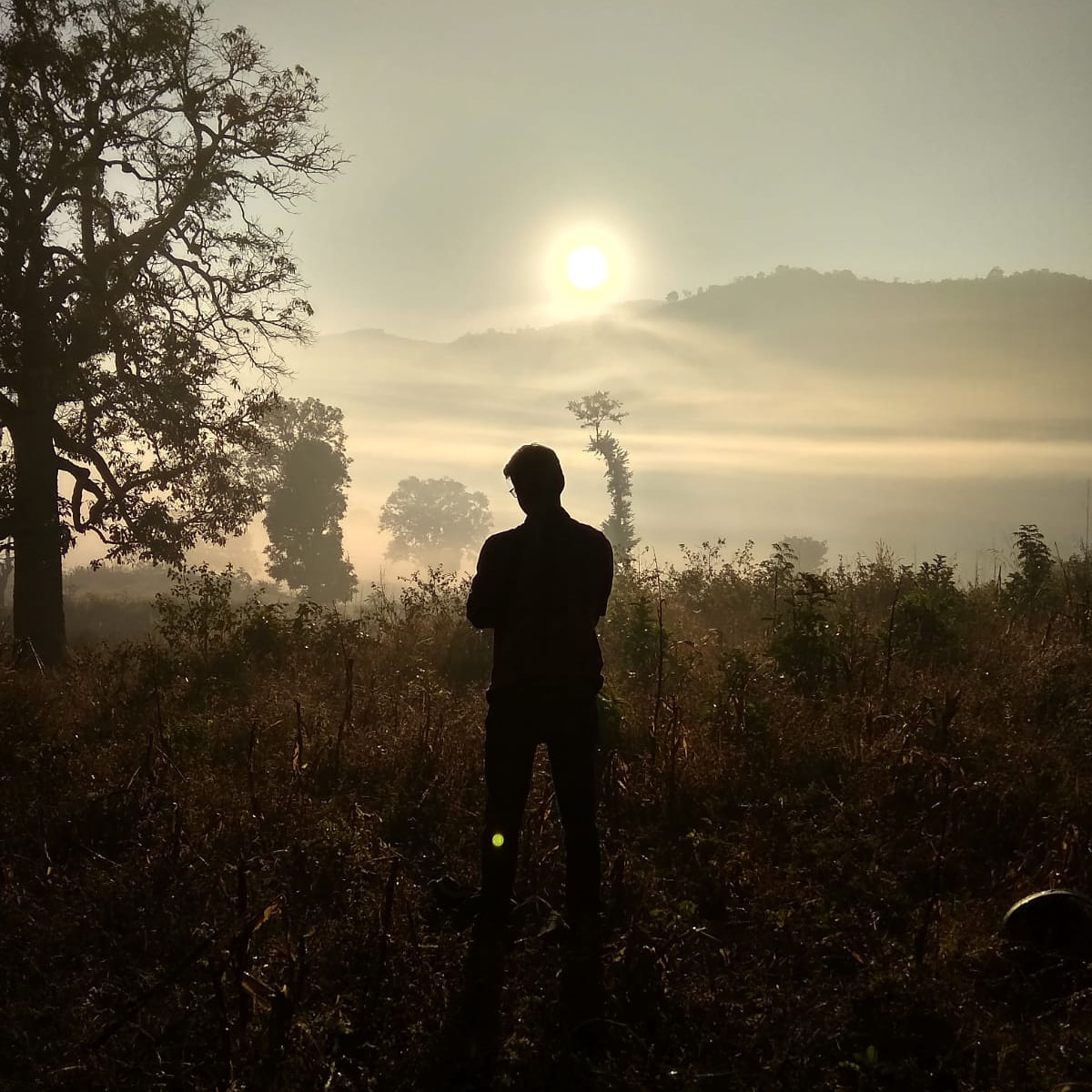How non communicable diseases are more dangerous than we ever imagined
- Sairam Paluri

- Jun 7, 2021
- 2 min read
Updated: Jun 9, 2021
All of us are pissed with this COVID 19 pandemic. We have even witnessed the worst of it. At one point the entire world had been shut down for months.
This made us understand how horrible communicable diseases are! But while leisurely sitting at home what we are failing to realise is that we are more prone to Non-Communicable Diseases (NCDs).
Photo Credits to Anthony Tran on Unsplash
What are Non Communicable Diseases?
As per WHO, Noncommunicable diseases (NCDs), also known as chronic diseases, tend to be of long duration and are the result of a combination of genetic, physiological, environmental and behavioural factors.
The main types of NCD are cardiovascular diseases (such as heart attacks and stroke), cancers, chronic respiratory diseases (such as chronic obstructive pulmonary disease and asthma) and diabetes.
As these diseases don't spread from others, their spread mainly depends on a person's lifestyle and of course, hereditary cannot be excused!
Photo Credits to Kate on Unsplash
How dangerous are NCDs?
It is not an exaggeration to say that NCDs are the leading causes of deaths worldwide
The statistical data provided below can prove that fact.


It is apt to say that "Non-Communicable Diseases are Silent Pandemics" - https://www.instagram.com/p/CEosFN8j9_J/?utm_medium=copy_link
Now let's take a look at some facts about basic NCDs.
Obesity, Hypertension and Diabetes
Obesity, Hypertension and Diabetes- all these form bases for many of the next level Non-Communicable Diseases.
For example, they may cause damage ranging from Cardiovascular diseases- Blindness- Kidney damages etc.
Deaths from accidents or any serious infections can kill you at once- This is ok! Because the sufferings will not be for years.
But the NCDs can damage your body in parts causing many sufferings.
Diabetes is the leading cause of new cases of blindness in adults.
Another important thing you need to remember is- Being obese may not exempt you from acquiring Hypertension and Diabetes.

These are some of the facts published by WHO:
Noncommunicable diseases (NCDs) kill 41 million people each year, equivalent to 71% of all deaths globally.
Each year, more than 15 million people die from an NCD between the ages of 30 and 69 years; 85% of these "premature" deaths occur in low- and middle-income countries.
77% of all NCD deaths are in low- and middle-income countries.
Cardiovascular diseases account for most NCD deaths, or 17.9 million people annually, followed by cancers (9.3 million), respiratory diseases (4.1 million), and diabetes (1.5 million).
These four groups of diseases account for over 80% of all premature NCD deaths.
Tobacco accounts for over 7.2 million deaths every year (including from the effects of exposure to second-hand smoke) and is projected to increase markedly over the coming years.
4.1 million annual deaths have been attributed to excess salt/sodium intake.
More than half of the 3.3 million annual deaths attributable to alcohol use are from NCDs, including cancer.
1.6 million deaths annually can be attributed to insufficient physical activity.
What to do?
This article is not to panic anyone but to make my readers aware of the serious effects of NCDs.
These are the only suggestions I will give every time you ask me about NCDs.
Healthy diet
Physical exercises
Proper mental health
Good sleep.

Photo Credits to Chander R on Unsplash
All these when followed in a properly coordinated manner can make you lead a healthy life even when you're old. This is important because the damages that NCDs does mainly show up at old age.

Our World In Data on Creative Commons





Comments